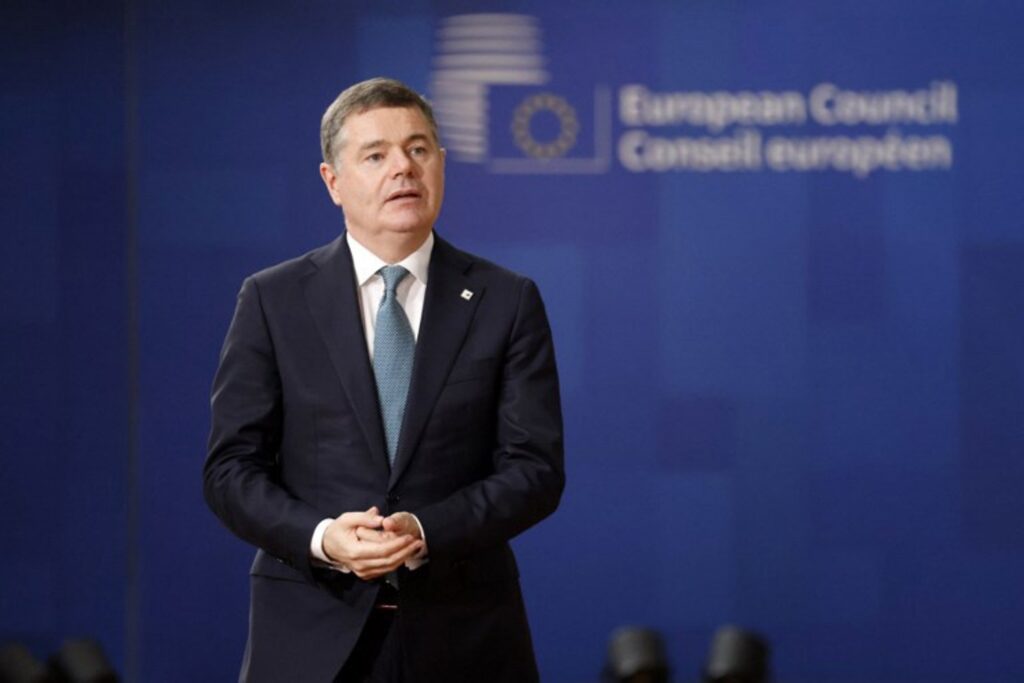European leaders acknowledged the urgent need to complete the Capital Markets Union project on Friday.
The goal is to ease the flow of citizens' savings and private investment toward innovative companies, supporting the funding of enormous climate and digital transitions.
"We are committed to urgently accelerating the deepening of our Capital Markets Union, which will be vital to mobilising the significant financing needed for the green and digital transitions," according to the Eurozone summit conclusions on Friday.
"I have never seen so much interest in this topic [among the Heads of State and Government]," said Eurogroup President Paschal Donohoe after the meeting.
"We are a continent of innovation, yet a large portion of commercialising this innovation involves capital from outside the Union," noted Prime Minister Alexander De Croo. "This European shortfall is a priority for Belgium," which is currently presiding over the EU Council.
In recent years, the recognition that public money alone will not fund Europe's major societal transitions has revitalised the dormant Capital Markets Union project. More clearly referred to as the 'Union of Savings and Investment', it is specifically designed to fund start-ups and SMEs.
Related News
- 'Unfeasible' and 'unmeaningful': EU 2040 climate target criticised from all angles
- Why did Brussels become the capital of the EU? Because Belgium starts with B.
- 'Nuclear fairytale': Greenpeace activists block delegations at Brussels nuclear summit
"National budgets are constrained and indebted," analysed a European diplomat. Despite this, investment is necessary to maintain the social model. Therefore, it is crucial to direct the considerable savings of European citizens towards investments.
The priorities include developing rules that better channel funds towards innovative EU businesses, promoting more liquidity, risk-taking, and risk-sharing, to enhance financial stability. Businesses must also have better access to private funding and citizens' direct and indirect participation must be increased through investment opportunities.
Almost as old as the European project itself, this initiative was revitalised during the early 2010s financial crisis. However, it needs to overcome the resistance of Member States protective of their tax prerogatives. Leaders urged finance ministers to make progress and agreed to revisit the matter next month at the special European summit under Belgium's Presidency.

